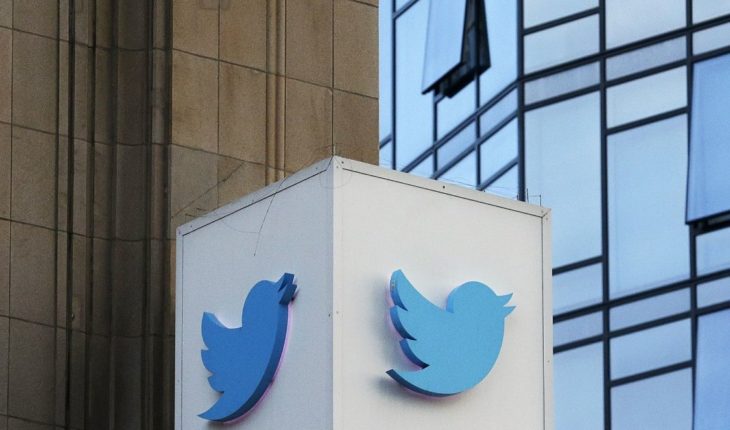new YORK (AP) – Facebook and other social networks have been combating the misinformation and messages of hatred for two years. Days of the average presidential term in United States elections, their efforts seem to be gaining ground, though they still are far from winning the war. That is because the measures could have political repercussions and this could affect the business of companies like Facebook, Twitter and Google. Some even argue that social networks are designed to be flooded with misinformation – unexpected consequence of eagerness to serve advertising companies to categorize the interests of its users. After having been seized by surprise by Russian officers, who marched in the US election of 2016, the technology giants have invested millions of dollars, tens of thousands of people and efficient technical efforts in the combat of false news, propaganda and hate messages that have proliferated in their digital platforms.
Facebook, in particular, has had great changes since the end of 2016, when director general Mark Zuckerberg dismissed as “nonsense” the idea that the false news at your service could have influenced the election. In July, for example, the company announced that strong spending on security and moderation of content, along with other trade changes, would avoid the growth and earnings. Investors were alarmed immediately and deleted 119,000 billion of the market value of the company.
FILE – This file photo of August 6, 2015 shows an electoral poster of Facebook in the media area of Cleveland, shortly before the first Republican presidential debate. (AP Photo/John Minchillo, file)
The social network has started to see good results from their efforts. A joint investigation of the New York University and Stanford recently found that “interactions” users with false news on Facebook, which increased substantially in the 2016 during the presidential campaign, fell significantly between end of 2016 and July of 2018. On Twitter, however, the spread of these stories continued increasing in the past two years. An analysis like the Center for responsibility of social media at the University of Michigan, which examines the prevalence of “questionable” information on social networks, also shows that the “index of uncertainty” in Facebook fell from 8.1% in March 2017 to 3.2% on Monday. The “index of uncertainty” Twitter also fell slightly, from 5.6% in November from 2016 to 4.2 percent on Monday. In this note:





